Iranian female fans watch the match between Tehran Esteghlal club and Mes Kerman club at Azadi Stadium in Tehran, August 25, 2022. (Photo: AFP/VNA)
Progress on gender equality has been slow over the past decade, as cultural biases continue to hinder women's empowerment and make it difficult for the world to achieve the UN goal of achieving gender equality by 2030, according to a United Nations report released on June 12.
The report highlights that despite the rise of social movements and women's rights groups, such as Time's Up and MeToo in the US, prejudiced social norms and the human development crisis exacerbated by COVID-19, which has caused women to lose income, have hindered progress in addressing inequality.
In its latest report, the United Nations Development Programme (UNDP) tracked the issue through its Gender Social Norms Index, which uses data from the international research program World Values Survey (WVS).
WVS collects data from 2010-2014 and from 2017-2022 in countries and territories representing 85% of the global population.
Survey results show that nearly nine in 10 people, including both men and women, have a fundamental bias against women, and the proportion of people with at least one bias has remained virtually unchanged over the past decade.
Across the 38 countries and territories surveyed, the proportion of people who held at least one form of prejudice against women fell from 86.9% to 84.6%. The rate of improvement over time is “disappointing,” said Heriberto Tapia, co-author of the report at UNDP.
Additionally, the report notes that nearly 50% of the world's population believes men make better political leaders, while 43% believe men make better business leaders.
While education has long been seen as key to improving women's economic earnings, the survey results show that the link between the education gap and earnings is broken, with the average earnings gap standing at 39% even in the 57 countries and territories where adult women are more educated than men.
Gender expert at UNDP Aroa Santiago said that gender stereotypes and social norms need to be changed, but the ultimate goal is to change the power relationship between men and women, as well as between people./.
vietnamplus.vn
Source link











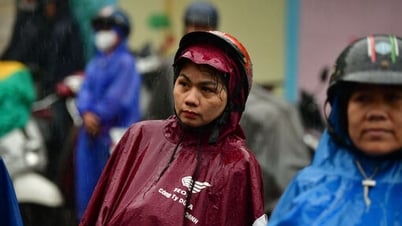
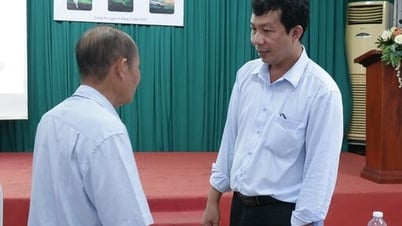

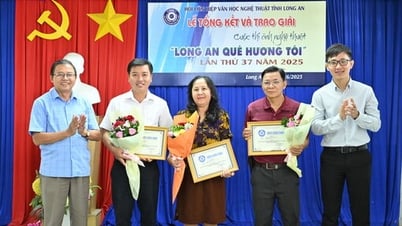











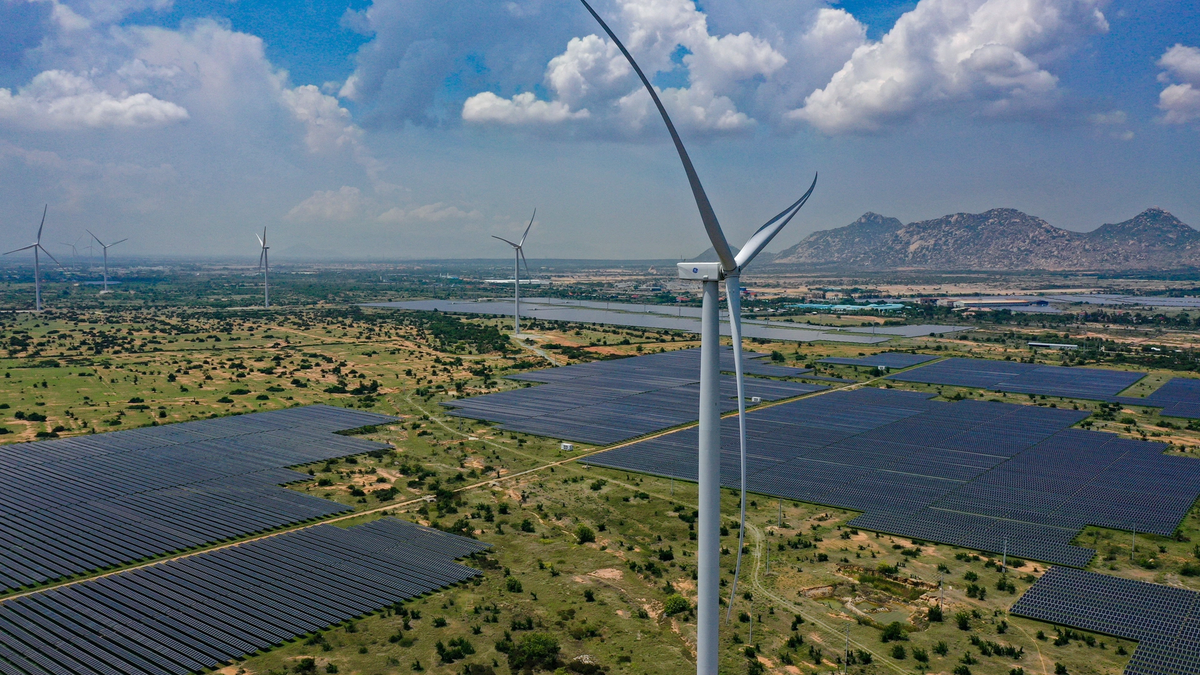




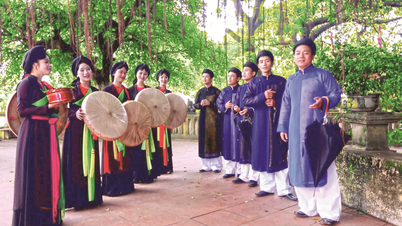








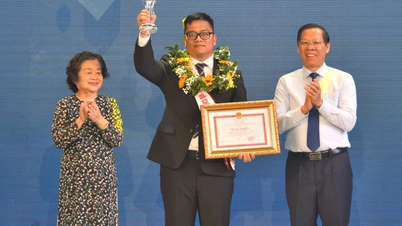





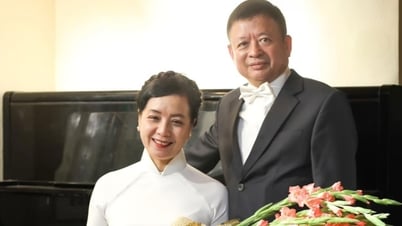

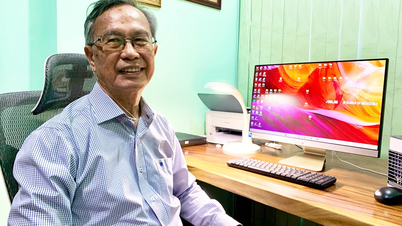





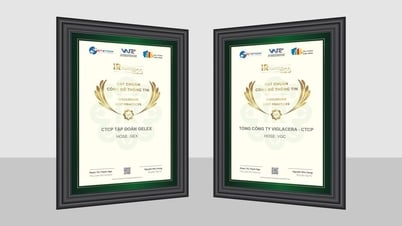

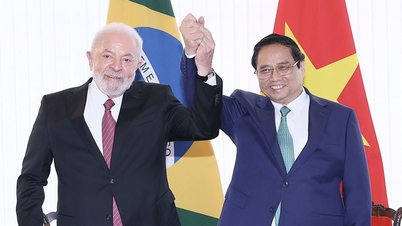

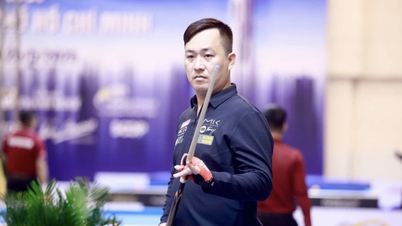

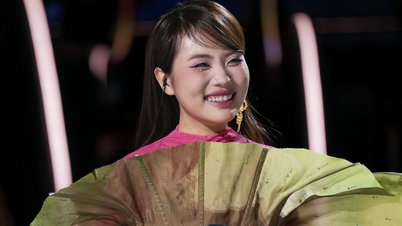

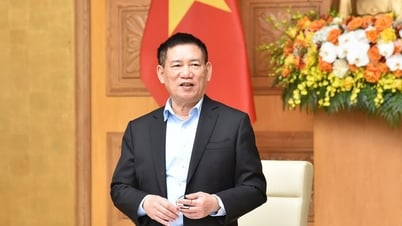




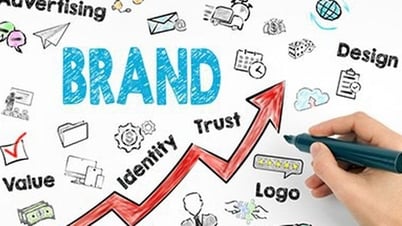















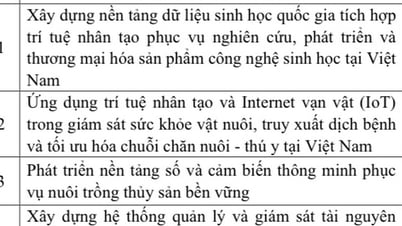



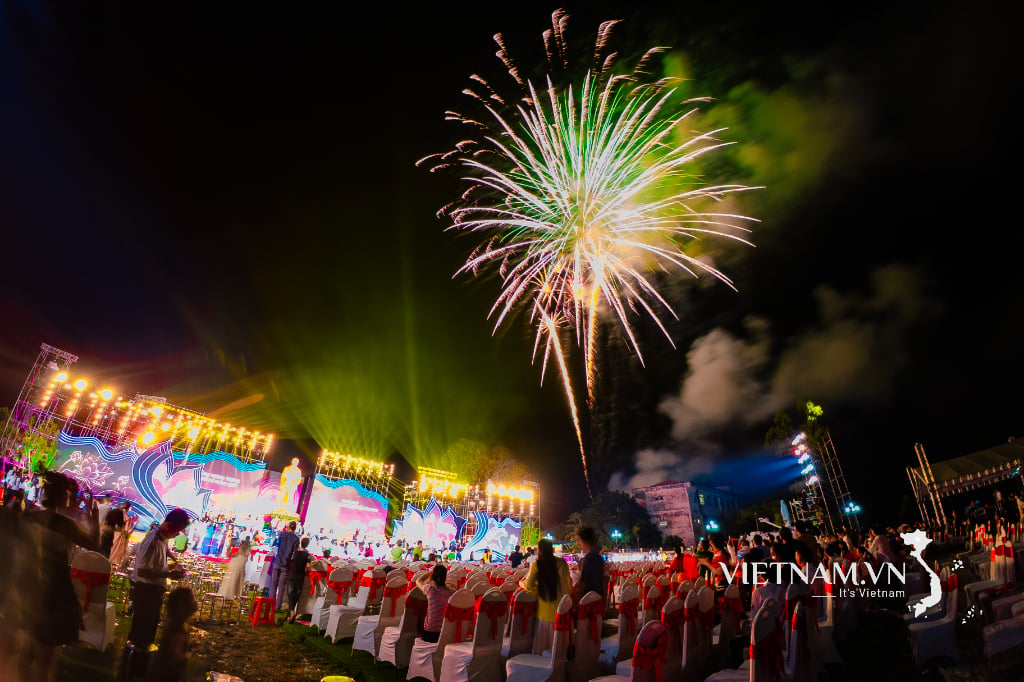

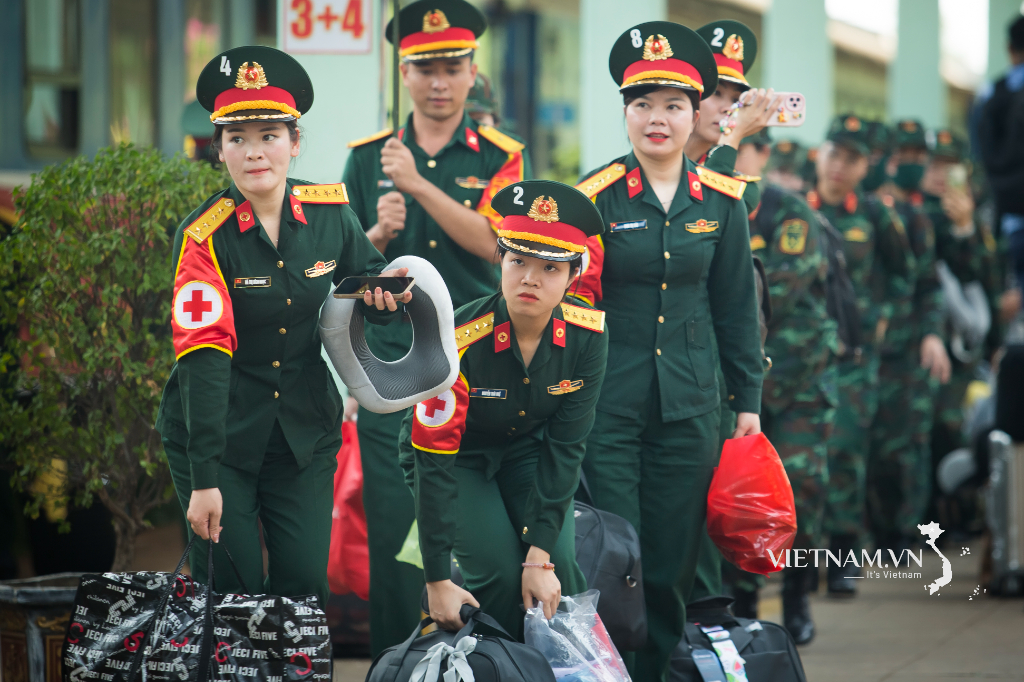

Comment (0)